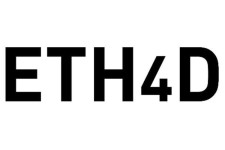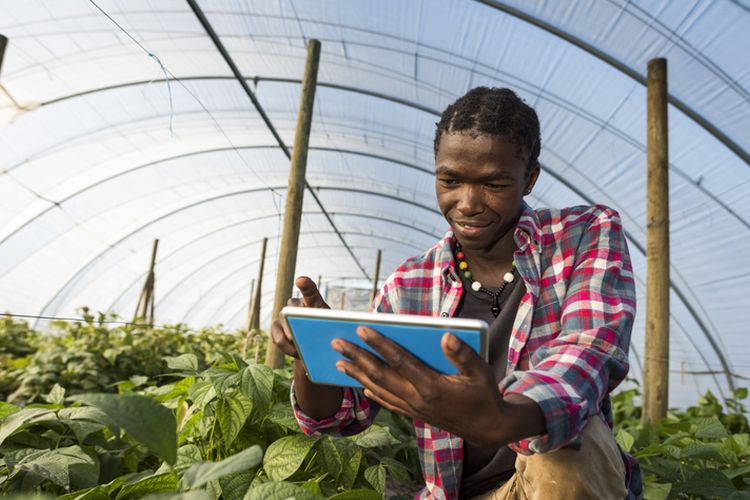ETH for Development (ETH4D)

Despite unprecedented progress in poverty reduction over the last 25 years, around 800 million people still live on less than two dollars per day, without adequate access to food, drinking water, electricity, mobility, and other basic services.
At the same time, many countries struggling with extreme poverty are currently among the most dynamic economies in the world, creating new opportunities to use innovative approaches to address social and environmental challenges.
The rapid expansion of mobile phone technology and solar energy have had tremendous impacts on development over the past ten years. Now technologies such as digitization, 3D-printing, block chain, remote sensing, and robotics might offer the same promise.
However, much of the potential of technological innovation for addressing the persistent challenges of those in poverty remains untapped. ETH4D believes that universities have a responsibility to ensure that technological progress benefits the global population.
ETH4D aims to combine technological innovation with a profound understanding of people’s behavior and their environments to identify new solutions for improving the lives of poor people. ETH4D therefore supports research, which combines the knowledge and skills of engineering, the natural sciences, social sciences and humanities and promotes the collaboration between scientific research, civil society, industry and policy.
ETH4D aims to educate the future leaders of sustainable development. ETH4D will train a new generation of engineers and natural scientists able to develop, implement and scale world-changing innovations with a global perspective.
- Academic organization (University, school, institute...)
- Medicine in general
- Innovation process
- Mainly international


